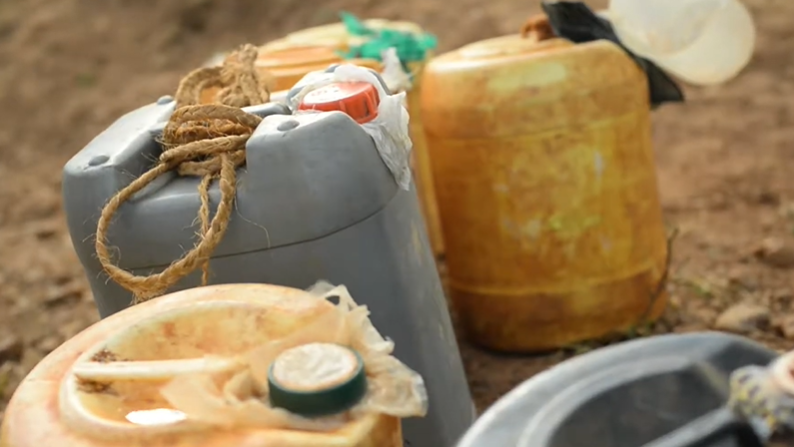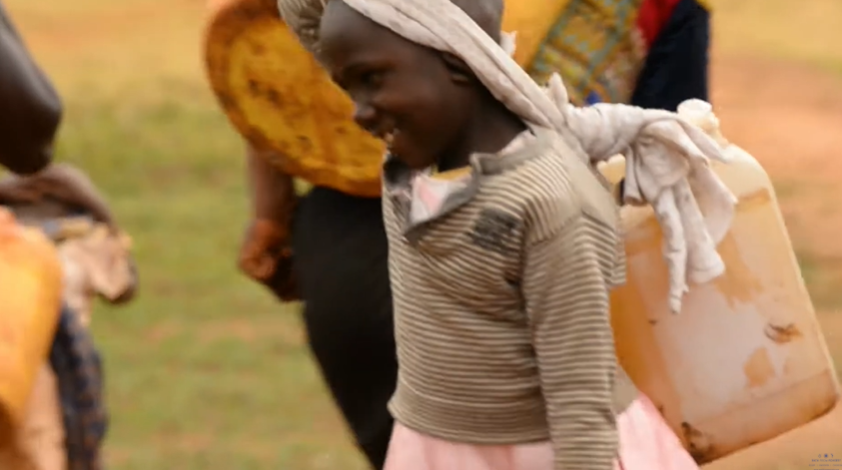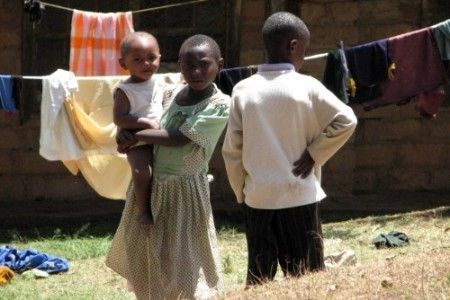Women in rural Kenya face extraordinary challenges. They lack access to stable employment, clean water, and electricity. Path From Poverty equips and empowers women so that they can lift themselves out of poverty. We partner with women's groups to provide business and leadership training, access to clean water and solar power, and educational scholarships for girls.
The impact of Path From Poverty's work is seen in solutions to tangible problems like access to clean water and sustainable energy for entire families. Through our programs, the earning capacity of women striving to lift themselves and their families out of poverty is increased. But the impact doesn't stop there. In the process leaders are created, entrepreneurs are born, and groups of women are becoming powerful agents for change in their communities.





